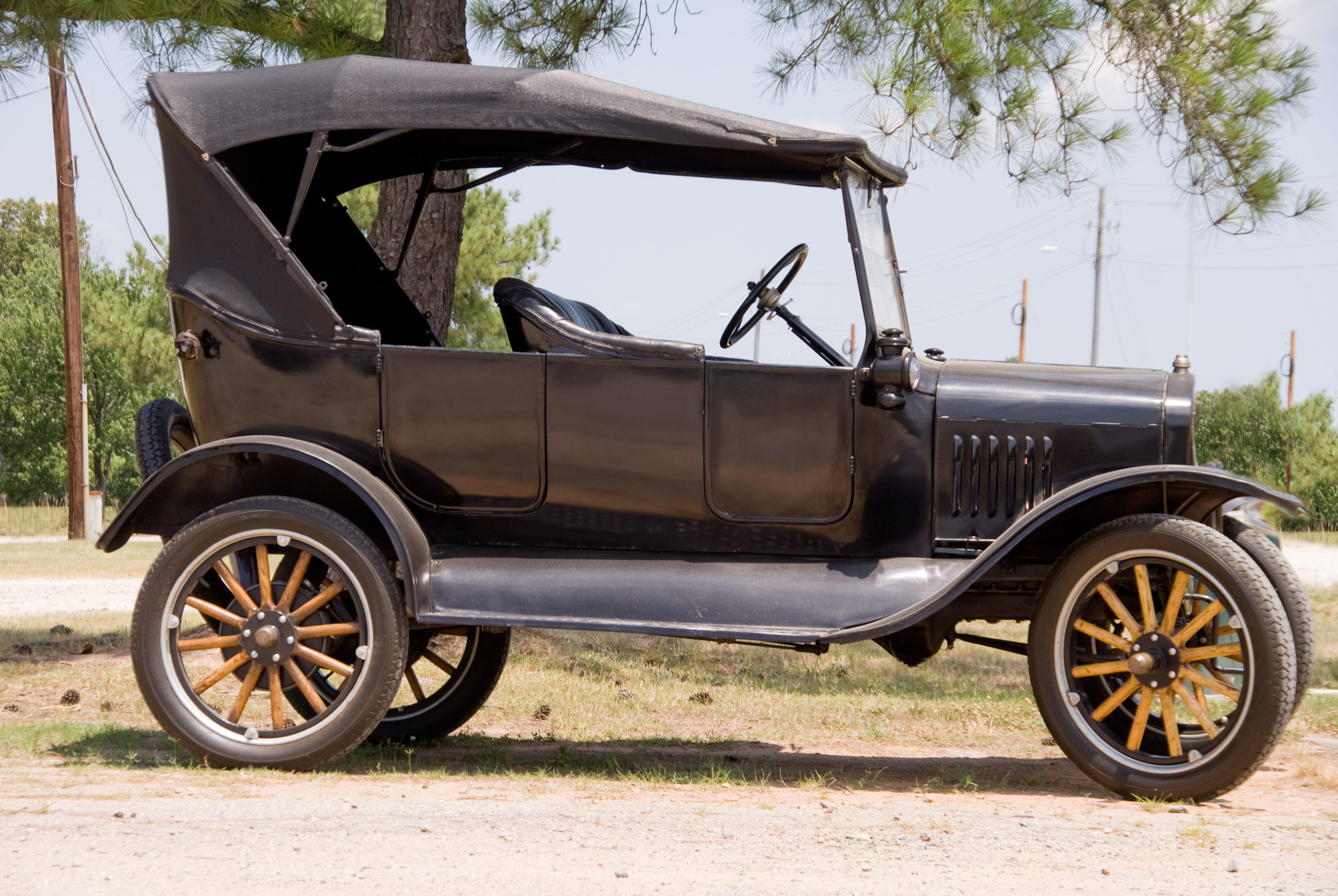
For protectionists, trade is never really free. There is always a a reason to impose import barriers.
The U.S. administration attacks free trade in the name of “free and fair trade.” But even this is not enough. It has to be, as Peter Navarro says, “free, fair, and balanced” (I will say a bit more about this in the forthcoming (Fall) issue of Regulation).
Another example was given a few days ago when President Donald Trump responded to an offer of the European Union government to bring all car tariffs down to zero. The general tariff on cars is currently 2.5% in America and 10% in Europe. Trump previously complained about this gap–without mentioning the 25% American tariff on light trucks, which was part of the early 1960s “chicken tariff.” (Pickup trucks make up for more than 15% of U.S. car sales.)
Responding to the zero-tariff proposal, Trump told Bloomberg on August 30 that “It’s not good enough.” “Their consumer habits,” he explained about Europeans, “are to buy their cars, not to buy our cars.” It now seems that they must love American cars as much as (or more than?) European cars in order for trade to be “free, fair, and balanced”–and therefore acceptable. A new frontier for protectionism? Perhaps, but old-time protectionists were also good at finding new excuses to limit trade over political borders.

READER COMMENTS
Alan Goldhammer
Sep 5 2018 at 8:20am
Because Trump seldom travels outside the US he has no clue about the automobile business in other countries. Look at the difference between Mercedes and BMW cars that are sold for “mass” consumption. Euro cars are smaller in both size and engine capacity. GM’s former Opel division made small cars. Gas is much more expensive over in Europe than in the US and in many countries the roads are narrower. You cannot force a square peg into a round hole no matter how hard you try.
Jon Murphy
Sep 5 2018 at 8:47am
This goes to show a point that I repeatedly make, namely that trade is a microeconomic thing, not macroeconomic the way it tends to be treated. Ultimately, it is still consumer preferences that drive consumption decisions. For relatively free nations, the concept of trade agreements (outside of tax issues) and a country “buying” more from another are pretty meaningless.
eric
Sep 5 2018 at 3:34pm
The “trade” flap is not about trade per se. It’s about “MAGA.” Trade is merely one of the levers being pulled, along with others.
Michael W
Sep 5 2018 at 8:58pm
This is precisely correct; just as BREXIT was never really about the money/trade, the trade “flap” in the US is electoral politics at its worst. As had been said elsewhere today in the news, it will get worse before it gets better so expect more ‘crazytown’ on trade.
dede
Sep 5 2018 at 10:26pm
“It now seems that they must love American cars”
This reminds me of a round of US tarrifs that were put in place in the late XXth century on Japanese imports. The US then complained that the Japanese did not buy enough American cars : I always hesitate to qualify such argument as shameless or outright idiotic – in Japan, people drive on the left (as in Britain) : American cars at the time were all left-hand drive, no wonder the Japanese did not buy them.
When is China going to “retaliate” because Americans do not buy the imported dogs’ snacks at the deli-shop?
HT to the Europeans this time. I truly believe that the only solution for the world is to ignore Donald Trump until he gets bored and resign. They should actually go further and go on with their zero tarrifs now that the guy has shown everybody he is full of empty talk and nobody knows what he is aiming for (Sorry, I cannot commit to read The Art of the Deal to figure out!).
Hazel Meade
Sep 10 2018 at 5:45pm
The underlying issue is that the protectionists believe in kind of naive intuitive way of thinking about trade which is hard to overcome due to the counter-intuitive nature of trade. For example, if you spend money on an American made car, the thought is that the money stays in America, and exporting goods causes more money to come into America. Hence, if there’s more money then Americans can buy more stuff. Just like if you’re a family and you have more income. What they miss is that money is only worth something once you spend it to buy a tangible object. If we’re spending more of it and getting less stuff in exchange, then we haven’t actually gained by forcing people to “buy American”.
Spending money on a foreign car may actually improve the welfare of your fellow Americans by allowing you to have extra money left over to spend on other things. And if your fellow Americans are likewise permitted to buy foreign products (instead of buying from you), then they will gain in that way as well. What you think is an act of “solidarity” with some Americans ultimately comes at a cost to other Americans, because you aren’t seeing the purchases that cannot be made because of the inefficiency of buying a more expensive product.
Comments are closed.